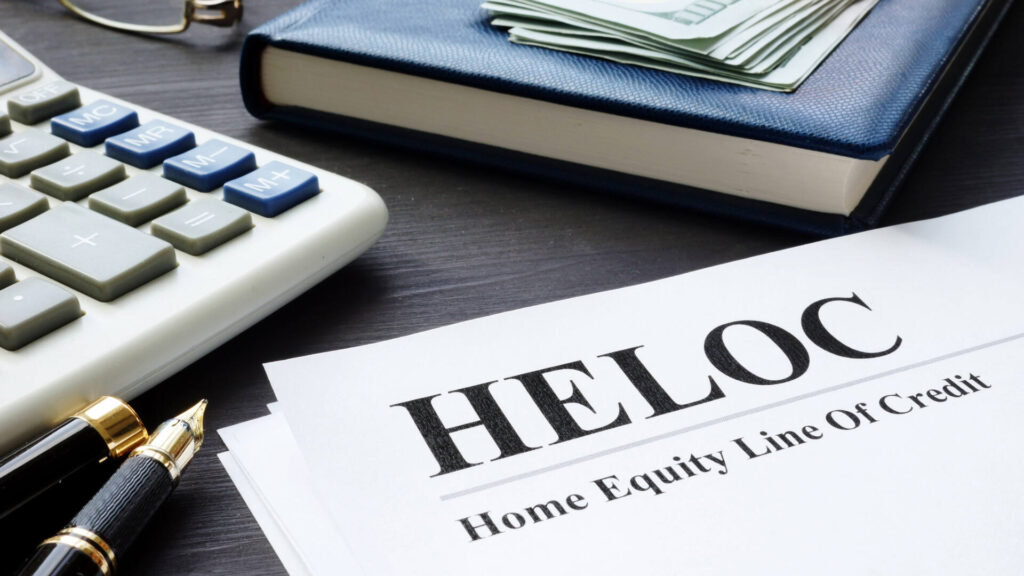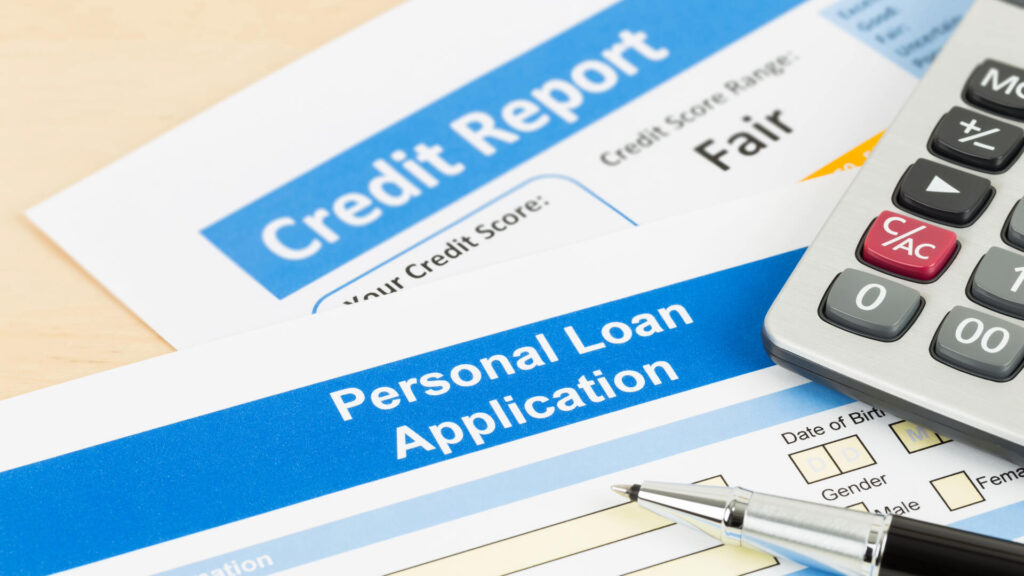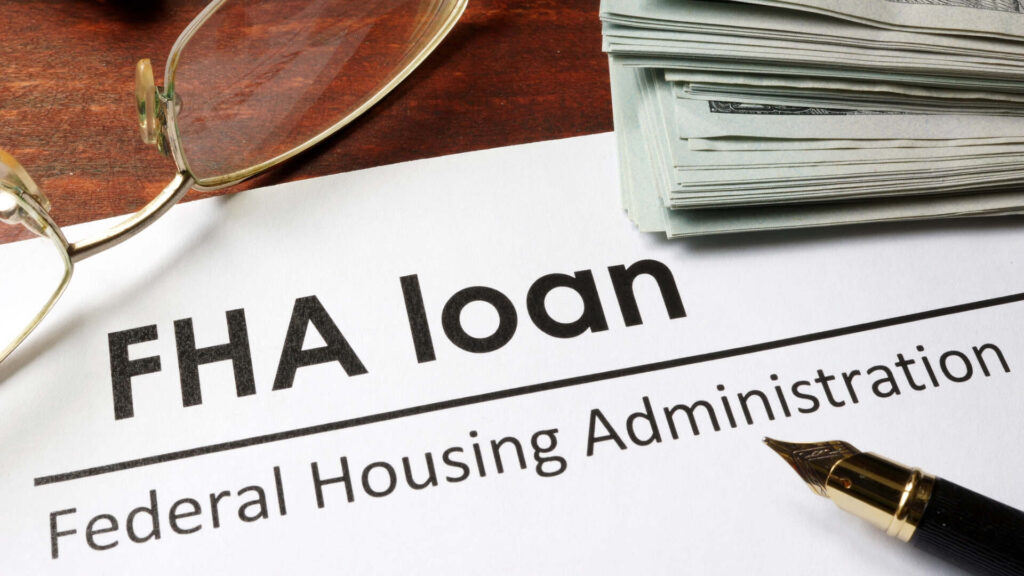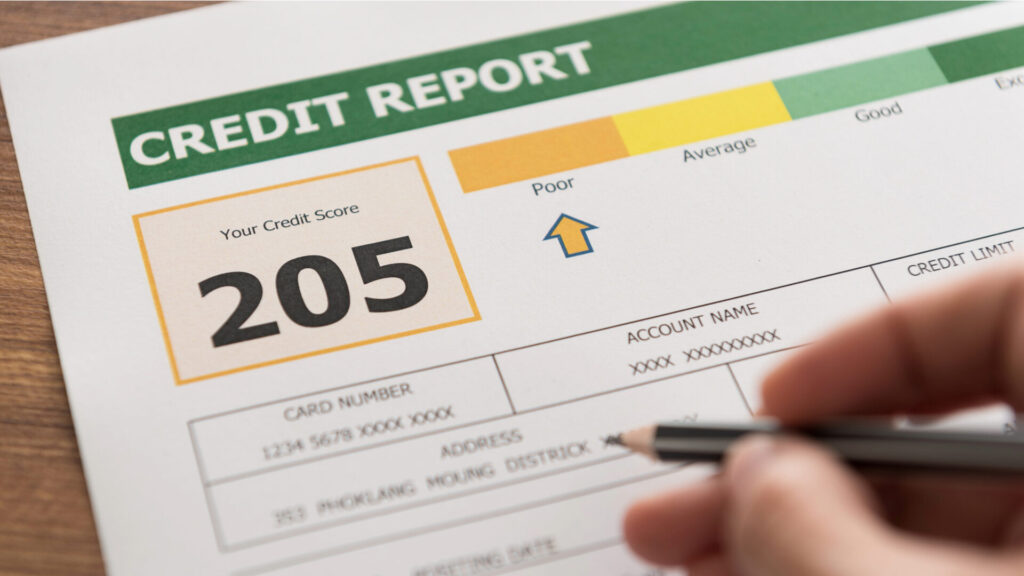Roof Replacement Financing: How to Finance a Roof in New Jersey? | AHC NJ
To finance a roof in New Jersey, consider the impact of your credit history along with homeowner’s insurance, traditional loans (such as home equity, personal, and credit card), and government programs. Explore our guide for more insights.
Table of contents
- The Role of Insurance in Roof Financing
- Traditional Financing Options
- Government and State-Specific Financing Programs
- Tips to Save Money on Roof Financing
- Conclusion
Understanding Roof Financing Options
What is Roof Financing?
Roof financing refers to the various options available to homeowners to fund the cost of a new roof or roof repairs. It allows homeowners to spread the cost of a new roof over time, making it more affordable and manageable. Roof financing options can be tailored to fit individual budgets and financial situations, providing homeowners with the flexibility to choose the best option for their needs.
Types of Roof Financing
There are several types of roof financing options available, including:
- Home Equity Loans: A type of secured loan that allows homeowners to borrow against the equity in their home. These loans often come with lower interest rates compared to unsecured loans, making them an attractive option for many homeowners.
- Personal Loans: Unsecured loans that can be used for various purposes, including roof financing. While they typically have higher interest rates than home equity loans, they do not require collateral, making them a viable option for those without significant home equity.
- Home Equity Lines of Credit (HELOCs): A revolving line of credit that allows homeowners to borrow against the equity in their home. HELOCs offer flexibility, as homeowners can borrow as needed up to a certain limit and only pay interest on the amount borrowed.
- Roofing Company Financing: Some roofing companies offer financing options for home improvement projects. This can be a convenient option as it combines the roofing service and financing into one package, often with promotional offers like deferred interest or zero-down payment schemes.
- Cash-Out Refinance: A type of refinancing that allows homeowners to tap into the equity in their home to fund a new roof. This option involves refinancing the existing mortgage for more than the current balance and taking the difference in cash.
- Government-Insured Loans: Loans insured by the Federal Housing Administration (FHA) that require lower minimum credit scores than conventional mortgages. These loans can be a good option for homeowners with less-than-perfect credit.
The Role of Insurance in Roof Financing

One of the most significant and often overlooked methods to finance a roof replacement or repair is through homeowners’ insurance. When certain conditions are met, your insurance policy might cover a significant portion, if not all, of the roofing costs. However, navigating the world of insurance claims can be daunting. Here’s what you need to know:
When Does Home Insurance Cover Roofing?
Homeowners insurance typically covers roof damage that’s “sudden and accidental.” This can include situations such as:
- Natural Disasters: Hurricanes, tornadoes, and severe storms can cause significant damage. If a tree falls on your roof or strong winds rip away your shingles, there’s a good chance your policy will cover repairs or replacement.
- Vandalism and Fire: In the unfortunate event that your property falls victim to deliberate damage or fire, the insurance can step in to cover the restoration costs.
- Certain Leaks: If your roof starts leaking due to a covered peril, such as a hailstorm, insurance can cover the cost of repairs.
When Does Home Insurance Not Cover Roofing?
However, there are instances where the damage might not be covered:
- Wear and Tear: Insurance is not a substitute for maintenance. If your roof is aging and deteriorating over time, or if damages are due to neglect, your claim may be denied.
- Specific Exclusions: Some policies might have exclusions for certain perils. For instance, if you live in a hurricane-prone area, wind damage might be excluded unless you purchase additional coverage.
It’s also essential to note that reimbursement might depend on the age of your roof. Some policies offer full replacement value, while others might only provide a depreciated value based on the roof’s age.
Factors Affecting Roof Replacement Costs
Roof Size and Complexity
The size and complexity of a roof can significantly impact the cost of roof replacement. Larger roofs require more materials and labor, increasing the overall cost. Additionally, roofs with multiple valleys, skylights, or chimneys can be more complex and expensive to replace. Homeowners should consider the size and complexity of their roof when estimating the cost of roof replacement and choosing a financing option.
For instance, a simple, single-story roof will generally cost less to replace than a multi-story roof with numerous architectural features. When planning for a roof replacement, it’s crucial to get detailed estimates from reputable roofing contractors to understand the full scope of the project. This will help in selecting the most suitable financing option, whether it’s a home equity loan, personal loan, or another method, ensuring that the project stays within budget while meeting all necessary requirements.
Traditional Financing Options
Financing a new roof or significant repairs can be a daunting task for homeowners, particularly when insurance doesn’t cover every situation. For those facing such dilemmas, a range of traditional financing options are at hand to consider.
One crucial factor in qualifying for these traditional financing options is the debt-to-income ratio. This ratio must fall below certain thresholds to qualify for government-insured loans like FHA, FHA 203(k), and FHA Title 1 loans, as it plays a significant role in assessing the financial eligibility of potential borrowers.
Home Equity Loans (HELOC)

Home equity loans allow homeowners to borrow against their property’s value, essentially taking out a second mortgage. The loan amount is derived from the difference between the home’s current market value and what’s owed on the primary mortgage.
One major appeal of these loans is their typically lower interest rates compared to other financing methods. Home equity financing, in particular, offers the benefit of borrowing against the equity built in a home, which can result in lower interest rates compared to personal loans. Additionally, if used for home improvements, the interest might be tax-deductible, though consulting a tax advisor is advised.
However, there are risks. The home acts as collateral, so failure to repay can lead to foreclosure. There might also be associated fees and the potential for accumulating debt if not managed judiciously.
Personal Loans

Personal loans serve as an alternative for those who either lack significant home equity or are hesitant to use their homes as collateral. These loans are often characterized by their swift approval processes, fixed interest rates, and definite terms.
But they do come with a caveat: the interest rates are usually higher than home equity loans. Furthermore, the amount and rate can vary based on one’s credit score.
Credit Card Financing

Credit cards can be a quick solution for financing roofing projects, especially if you have a card with a high limit or a promotional 0% APR (annual percentage rate) offer. This immediacy is beneficial for urgent repairs, allowing instant access to funds without wading through loan application processes.
However, the convenience comes with caution. Once any promotional rates expire, credit card interest rates can be steep, making your roofing project significantly more expensive if not paid off promptly. And while making minimum payments might seem manageable, it can lead to more interest accumulating over time.
Contractor Financing Plans

Many homeowners might find the roofing company financing option convenient. Many roofing businesses, including ours, partner with financial institutions to deliver customized financing solutions for their clients. This method presents a seamless integration of the roofing project and its financing, all under one roof.
The chief advantage of roofing company financing is its convenience. Rather than sourcing funds externally, homeowners can work directly with the roofing company to determine payment terms, interest rates, and installment plans. Some companies even provide promotional offers, such as deferred interest or zero-down payment schemes, as incentives to choose their services.
However, while these financing options can seem attractive, it’s essential to examine the terms. Sometimes, the interest rates might be higher than what you’d find with traditional lenders. Additionally, there might be stipulations, such as penalties for early repayment or balloon payments, that could surprise homeowners if not diligently reviewed.
Government and State-Specific Financing Programs
When considering roof financing, it’s crucial not to overlook government programs. These can provide homeowners with additional avenues for securing funds (and rebates), often with favorable terms and interest rates designed to promote specific initiatives. One such option is a roof loan, which is specifically designed for homeowners needing to repair or replace their roofs. Roof loans are typically unsecured and based on creditworthiness, making them a viable option for many. In New Jersey, there are a few standout programs aimed at supporting homeowners:
Federal Housing Administration (FHA) Title 1 Loan

New Jersey homeowners seeking to finance roofing can consider the FHA Title 1 loan, a government-backed option designed for home improvements. Unlike many loans, Title 1 doesn’t have strict equity requirements, making it a flexible choice. Homeowners can borrow up to $25,000 for single-family homes, with competitive interest rates ensuring its suitability for various roofing needs.
To qualify for an FHA Title 1 loan, borrowers must meet specific financial criteria, including maintaining a debt-to-income ratio below certain thresholds. This ratio is crucial in assessing the financial eligibility of potential borrowers.
It’s important to highlight that loans below $7,500 are usually unsecured, while higher amounts might require placing a lien on the home. As with all financial decisions, it’s advisable to fully understand the loan’s specifics and shop around for the best deal.
USDA’s Section 504 Home Repair Program
For New Jersey residents in rural locales, the USDA’s Section 504 Home Repair program offers a financial solution. This program, tailored for very low-income homeowners, provides loans to modernize homes. Elderly homeowners (62 and above) can also access grants to address health and safety hazards.
Eligibility hinges on income, homeownership, the inability to secure other affordable credit, and whether the property is in a USDA-designated rural area. Qualified individuals can borrow up to $40,000 with a 1% interest rate over 20 years. Additionally, grants of up to $10,000 are available, but these must be repaid if the home is sold within three years.
New Jersey Clean Energy Program
As the push for sustainable living intensifies, New Jersey has implemented a series of incentives under the Clean Energy Program. For homeowners eyeing environmental-friendly roofing options, like solar-integrated systems, this program extends rebates, incentives, and special financing schemes to make the green shift more affordable.
Local Municipality Grants and Assistance

New Jersey’s Department of Community Affairs champions the Emergency Housing Repair Fund (EHRF). This fund empowers eligible Small Cities counties and municipalities throughout the state to assist low and moderate-income homeowners in addressing housing deficiencies.
Beyond this, various local municipalities might have additional programs, such as grants or tax incentives, tailored to their community’s needs. It’s prudent to check with local governmental bodies or their respective websites to unearth these opportunities.
Tips to Save Money on Roof Financing
Financing a roofing project is a significant investment, and it’s crucial to ensure you’re getting the best bang for your buck. The process doesn’t merely end at choosing a financing option; there are several strategic steps homeowners can take to ensure they save money in both the short and long term.
Opting for low monthly payments can make roof financing more accessible, allowing homeowners to undertake necessary repairs without the financial burden of large lump sums.
Choose the Right Contractor
Not all roofing contractors are created equal. It’s essential to solicit multiple quotes and carefully vet each provider. Look for experienced, licensed, and insured contractors with solid reviews and recommendations. Choosing a reliable roofing contractor is crucial, especially one who can assist with financing solutions. They can streamline the loan application process and facilitate communication with lenders during your roofing project. While the initial cost might be tempting, a seasoned contractor can provide long-term value by ensuring quality work that stands the test of time.
Research Available Incentives
As previously mentioned, state-specific programs, like the New Jersey Clean Energy Program, offer rebates and incentives for certain roofing types, especially eco-friendly options. By aligning your roofing choices with these incentives, you can significantly reduce your out-of-pocket expenses.
Negotiate Financing Terms
Whether you’re seeking a personal loan, credit card financing, or roofing company financing, it’s always a good idea to negotiate. Ask about possible discounts, lower interest rates, or extended repayment periods. Lenders and contractors are often willing to adjust terms to secure your business.
Monitor Your Credit Score

A higher credit score often translates to more favorable loan terms and interest rates. Before diving into financing, it might be worthwhile to check your credit report, correct any discrepancies, and even work on improving it if needed.
Conclusion
Financing a roof in New Jersey requires careful consideration and informed decisions. It’s not just about finding the right funds; it’s about ensuring a durable and resilient roof that will stand the test of time.
Choosing the best financing method means balancing immediate costs with long-term benefits. Prioritize both your current budget and the long-term health of your home. Every decision you make now lays the foundation for years of comfort and protection. So, choose wisely.
Fact checked by Jacob Petrosky – 9/22/23